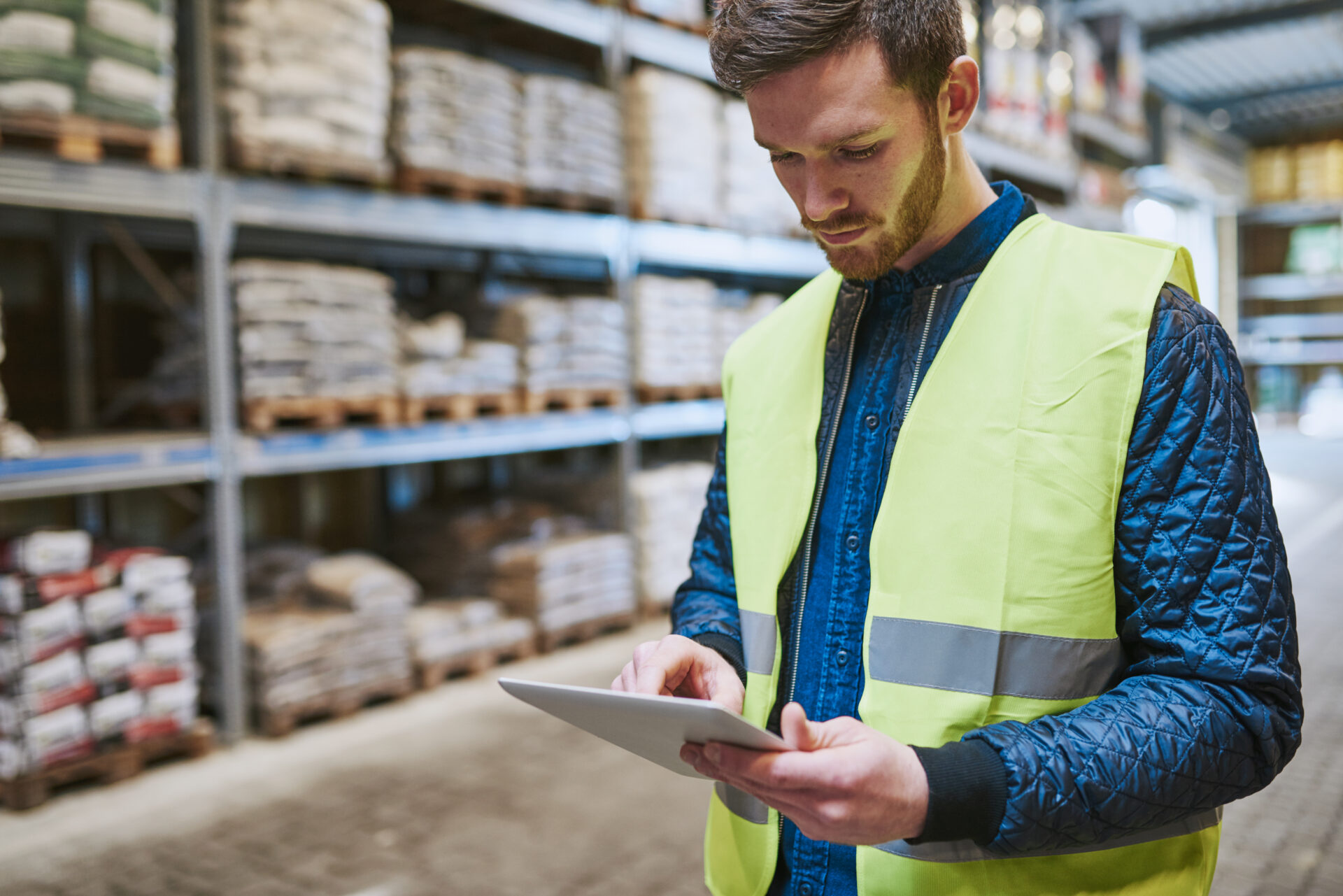RFID and Waste Reduction: Steering Australian Businesses Towards a Circular Model.
Waste reduction is more than an environmental initiative; it’s a business imperative with economic benefits.
The Urgency of Waste Reduction.
Waste reduction is more than an environmental initiative; it’s a business imperative with economic benefits. As industries like retail, food, and construction seek to adopt more sustainable practices, RFID technology emerges as a breakthrough solution. This post explores how RFID can significantly cut waste and steer Australian businesses towards a circular model.
The statistics are alarming: the retail industry accounts for millions of tons of waste annually, food spoilage is a global issue, and we are running out of the sand required to make concrete. The need for effective management of our natural resources has never been more urgent.

RFID A Brief Overview.
Radio Frequency Identification (RFID) involves using radio waves to read and capture information stored on a tag attached to, or embedded in, an object. This technology allows for real-time tracking and data collection, providing businesses with the tool to make more informed decisions. When combined with a QR code it also unlocks new and innovative ways to engage with your customers.
Circular vs. Linear Economies.
In the traditional linear economy, the story is simple but flawed: we take materials from the earth, create products, and then throw them away. It’s a one-way street leading to waste and environmental harm.
The circular economy offers a new narrative. It’s a world where waste and pollution are designed out of the system, where products and materials are kept in use, and where nature is regenerated. It’s not only about preserving what we have, but also about regenerating and renewing our resources. It’s a story of hope and innovation.
Retail: Minimising Overproduction and Returns.
Overproduction and product returns are two significant sources of waste in retail. RFID can help:
- Inventory Accuracy: Real-time tracking ensures that you produce only what is needed, reducing overproduction.
- Smart Returns: RFID tags can quickly identify returned items, speeding up the restocking process and reducing the likelihood of the product becoming waste.

Food: Prevent Spoilage and Improve Traceability.
In the food industry, spoilage and waste occur at various stages, from farm to fork. Here’s how RFID can help:
- Shelf-Life Monitoring: RFID tags can monitor the used by date of items, automatically alerting staff of items that need to be sold before they expire. RFID can also help with the first-in-last-out logistics of stocking shelves with fresh products. Ensuring products are given the best chance of being used within their timeframes.
- Traceability: Knowing the exact source of food items can help in quickly isolating and removing spoiled or contaminated products, reducing waste.
Construction: Efficient Material Management.
Construction sites often have surplus materials that end up as waste. RFID can transform material management:
- Real-Time Tracking: Know exactly how much material is on-site and where it is located, reducing over-purchasing and waste.
- Lifecycle Data: RFID can track the lifecycle of materials like concrete, indicating when it’s about to expire and should be used, thereby reducing waste.

Managing “Used By” Dates Across Industries.
Many products in retail, food, and construction have “used by” or “sell by” dates. RFID tags can automate the tracking of these dates, sending alerts for timely action, be it a targeted promotion, safe disposal, or charitable donation, thereby reducing waste.
Towards a Circular Model.
The ultimate goal is to move from a linear “take, make, dispose” model to a circular one where products and materials are reused, repaired, and recycled. RFID technology provides the data needed to make this shift:
- Retail: Returns can be more efficiently managed for resale, donation, or recycling.
- Food: Spoilage can be minimised, and unsold food can be more effectively redirected to food banks or composting.
- Construction: Surplus materials can be identified and redirected for use in other projects, or responsibly recycled.
RFID technology offers a pathway to significant waste reduction in the retail, food, and construction industries. By providing real-time data and tracking capabilities, RFID not only improves efficiency but also enables these sectors to move towards a more sustainable, circular model.
